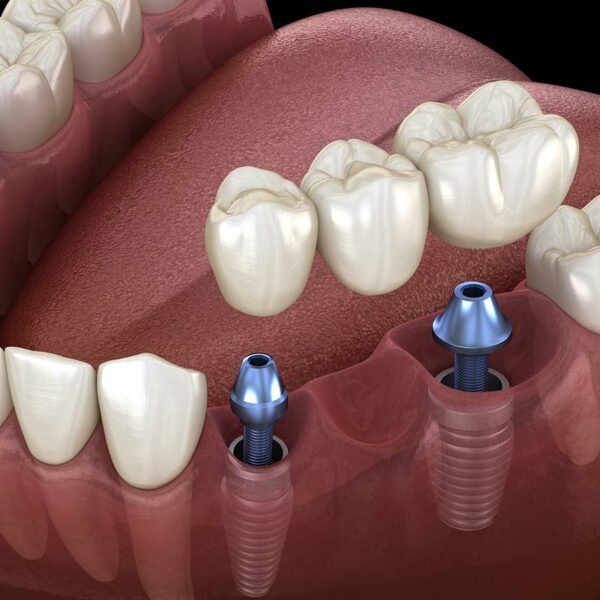
Purchasing a new vehicle is one of the largest financial commitments a person can make. There’s the down payment, the monthly insurance, the maintenance fees – not to mention the expensive trips to the gas station every week. Despite the high costs associated with a new car, many people need a vehicle for their daily lifestyle.
But is leasing or buying a car the right choice? If you want to make a cost-effective decision, you should weigh the pros and cons of leasing and buying.
Buying a vehicle
Buying a vehicle is a tried and true process that’s always been used: You’ve to take out a loan with a bank that buys the vehicle for you, and you make monthly payments to the bank until you pay off the loan. In this procedure, the car is yours and you can do what you want with it. Nevertheless, there are both advantages and disadvantages to buying a car.
The advantages
Buying your own car offers a number of advantages. First of all, the monthly installments are used exclusively for the ownership of the vehicle. The cost is fixed in advance when you agree to buy it. So you don’t need to worry about additional fees (apart from possible interest).
When purchasing a vehicle, you also have the option to choose from a variety of models, transmissions, colors and more. You can customize your car to fit your needs.
You can also consider resale value when you buy. If you choose the right color and options, you can buy a vehicle that will retain its value and make you some money when you sell it later.
You own the vehicle and can keep it as long as you want. This also means that you can sell or trade in the vehicle whenever you want to. That’s something you can’t do with a lease.
The disadvantages
Since you’ll have to pay for the entire vehicle, interest and other costs, your monthly payments will likely be higher than with a lease.
Another financial burden can be depreciation. If you decide to sell the car later, it could lose its trade-in or resale value over time, which means you may not get back as much money as you’d expect.
Overall, buying a car is relatively simple. You pay what you owe, and the vehicle becomes your property.
Lease a vehicle
Leasing a vehicle is less straightforward than taking out a car loan. If you choose to lease, you make monthly payments, but you don’t own the vehicle. It’s basically like renting a car on a long-term basis. Sometimes you’ve the option to buy the car at the end of the lease if you want to, but usually you just hand the car back to the dealer.
Leasing has become more and more prevalent: In the last five years, the market has grown by a whopping 91 percent.
The advantages
Monthly payments on car leases are often affordable. That’s because you only pay for the vehicle’s depreciation, interest, taxes and fees. The down payment (or cash payment) is often cheaper or sometimes even non-existent with a lease.
Leasing also gives you many options. When you lease, you’ve the freedom to change your vehicle every two or three years. Trendsetters can drive the latest car models and enjoy new, up-to-date features. The short lease term also means you never have to worry about the warranty expiring and having to pay for repairs later,
When you sign a lease, you don’t have to trade in or resell the car when you decide it’s time to move on. Instead, you simply return it to the dealer. This is especially beneficial for those who’re looking for a short-term contract or don’t want to sell their car.
The disadvantages
The downside to lower monthly payments is sometimes that you aren’t allowed to drive the vehicle as often as you want. It’s common for a lease to only allow 10-15,000 miles per year. A lease can limit what you actually want to do with the car. If you exceed the set mileage, you’ll have to pay additional fees for the car, which you’d not have to worry about if you owned the vehicle.
And there’s another cost you may not be aware of when leasing a car: gap insurance. This additional cost isn’t necessary, but highly recommended in case something happens to the car. For example, in the event of a total loss, you’ll have to pay the balance of the vehicle out of pocket, which can cost thousands of dollars. Comprehensive insurance covers these costs for you. It’s a good safety net, but it costs more money for something you may not need.
Also, when you return your leased car, you may have to pay additional fees for physical damage like scratches and dents.
Your lifestyle can help determine what’s right for you
Deciding how to pay for a new vehicle isn’t something you should rush into. After weighing the pros and cons of both options, it usually becomes clear whether leasing or buying is the right decision for you.
Most car dealerships offer financing and leasing options. If you can’t decide, do your research before going to the dealership. Find out about available car loans and interest rates, and search online for lease deals in your area. You may find a deal that makes buying – or leasing – more worthwhile.












